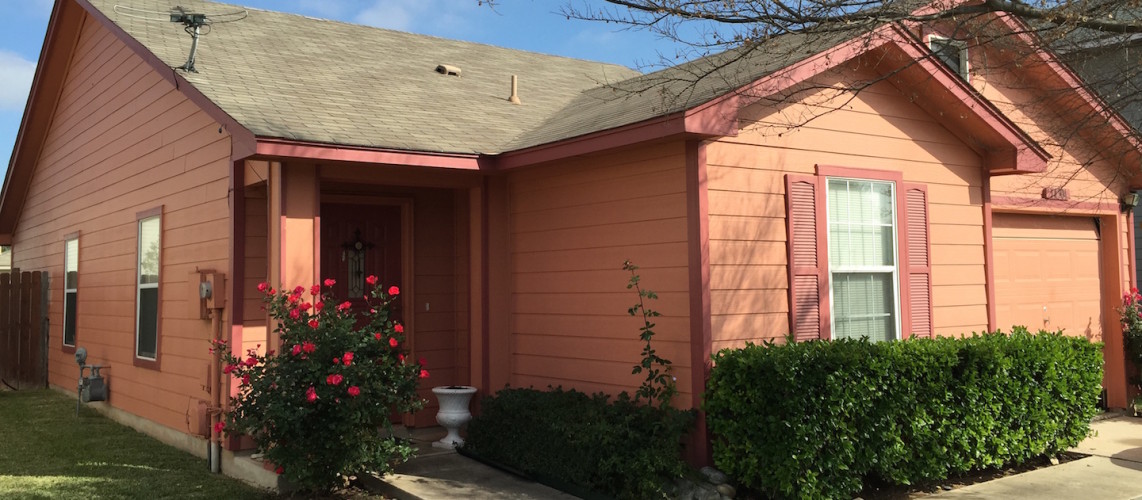November 24, 2022
Dear Mayor, Mayor Pro Tem, and Councilmembers,
The Austin Housing Coalition is a coalition of nonprofit agencies and other interested organizations, businesses, and residents who support the creation, improvement, and preservation of affordable housing for the Austin community. We were thrilled to learn of the decision to convene a special-called meeting to focus on Austin’s affordability issues, as we see this as the most pressing issue our city faces to date. We recognize that you will have limited time during the work session to discuss a host of potential policy solutions, so we endeavor to provide a short list of priorities that we believe, if addressed, would have great impact:
• Expediting affordable housing and PSH projects through the Development Services review and permitting process.
o AHC knows that there is a position posted for a Planning Officer (Affordable Housing) with Development Services and feels strongly that having an advocate at the City on behalf of affordable housing projects will be an asset to the development community.
o Currently, market-rate development projects that purchase Expedited Review services are being processed ahead of SMART housing projects, which are entitled to expedited review and may be out of compliance with funding sources if they do not meet certain development deadlines. It is imperative that SMART housing and other affordable housing developments, including those utilizing Affordability Unlocked, receive priority in the expedited review process.
• Maximizing the affordable housing benefits gained through the city’s density bonus programs.
o Expand density bonus opportunities across the city, including in commercial and residential
zones. Explore entitlements to incentivize additional community benefits, such as considerations around reducing parking and compatibility.
o Ensure more transparency on how all density bonus fees are utilized and allow for stakeholders to provide input on any changes.
o Provide clear process for how funding generated via these fees-in-lieu can be accessed by affordable housing developers.
o Ensure standardized tenant protections and source of income protections for all projects utilizing the density bonuses, and projects benefiting from funding generated by fees-in-lieu.
• Identifying additional funds and quickly releasing previously appropriated funds for affordable housing development and preservation to ensure that the city can capitalize on the dwindling window to prevent displacement of Austin’s low-income residents.
o Reinstate the City’s rapid land acquisition fund for nonprofit affordable housing developers by first releasing the $23 million that was allocated for this purpose as part of the Project Connect Anti-Displacement funding in February 2021 and also identifying sustainable sources to ensure there are resources to compete with market-rate developers in the real estate market.
o Initiate programming for pre-development grant funding to ensure that affordable housing developers have the resources to propose mission-driven housing projects.
o Engage and establish partnerships with nonprofit grant and financing intermediaries to build and/or administer funding programs beyond AHFC.
o Cultivate relationships and raise funds from sources of private monies; facilitate conversations with nonprofit financing intermediaries that are capable of administering loan and grant programs to deploy such funds raised to affordable developers, such as the partnerships developed in other regions, like the San Francisco Bay Area and Seattle with rapidly-increasing real estate prices.
o Begin discussions about the next affordable housing bond election to ensure that there is not a gap in funding when the current bond funds are expended.
• Tightening the requirements around Affordability Impact Statements to ensure that the City captures the impact of any policies that may affect housing development costs.
o Ensure that AIS’ go beyond land development code changes and apply to any City-level policy changes that affect development, particularly as relates to yield.
o Ensure that modeling or calibration is done to demonstrate the true affordability effects.
o Consider the recent Austin Energy powerline setbacks policy change as an example of a unilateral policy change that will likely have long-term effects on Austin’s housing numbers.
• Updating the SMART Housing program to reflect the current development climate for affordable housing.
o Ensure that all development fees are waived, including those that have been added since the adoption of the SMART housing program (Ex: AE fees and Austin Water fees).
o Develop a clear process for considering how new fees will affect SMART Housing developments.
o As stated with regards to the efficiency of the development and permitting process, ensure that SMART housing developments receive the full benefits of expedited review within DSD.

